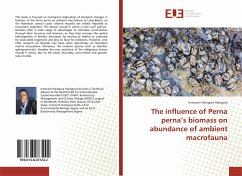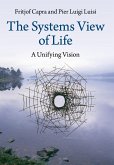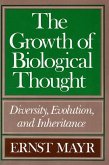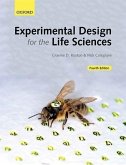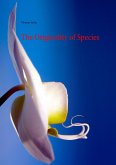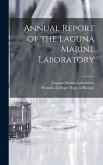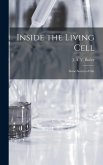This book is focused on ecological implication of temporal changes in biomass of the Perna perna on ambient macrofauna at Long Beach, on the Namibian central coast. Marine mussels are widely regarded as ecosystem engineers. The brown mussel P. perna is one such species. Mussels offer a wide range of advantages to intertidal communities through their structure and biomass, as they help increase the spatial heterogeneity in benthic processes, by serving as habitat or substrate for associated organisms and also as food for predators. However, very little research on Mussels has been done specifically on Namibian marine ecosystems. Moreover, the invasive species such as Mytillus galloprovincialis threaten the very existence of the indigenous brown mussel P. perna, due to the lower fecundity, recruitment and growth rate of latter.
Bitte wählen Sie Ihr Anliegen aus.
Rechnungen
Retourenschein anfordern
Bestellstatus
Storno

